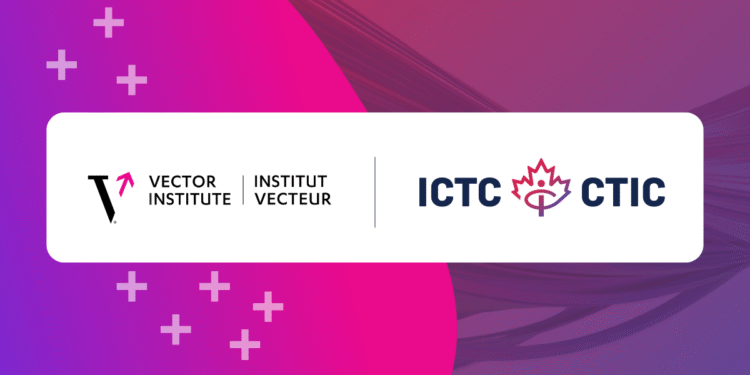Canada’s push to turn world-class artificial intelligence research into commercial advantage gained fresh momentum this week. The Vector Institute and the Information and Communications Technology Council have launched a three-year, 1.5-million-dollar programme that will finance 150 paid work integrated learning placements in small and medium-sized enterprises. Announced on 9 July, the venture pairs top students with companies that lack the resources to compete for scarce AI expertise, giving firms an affordable entry point to smarter operations.
How the Vector and ICTC Programme Works
Delivered through ICTC’s WIL Digital platform, the scheme embeds students in Vector’s FastLane community of AI enabled start-ups across the country. Vector will screen candidates and match them to real business problems, while ICTC subsidises wages and handles reporting to Employment and Social Development Canada, which underwrites WIL Digital. Project briefs range from predictive maintenance and customer analytics to workflow automation, giving under resourced firms access to skills that would otherwise be out of reach.
Namir Anani, ICTC president, said in Wednesday’s release that the partnership is “a strategic investment in Canada’s future” because it links classroom learning with commercial impact. Vector chief executive Glenda Crisp added that Ontario alone now graduates more than 1,000 new AI specialists each year, “and more than 90 per cent remain in the province”. The new pathway, she argued, will help that talent build careers at home rather than migrating to foreign tech hubs.
Why Businesses Still Struggle to Deploy AI in Canada
Research explains why such schemes matter. Deloitte’s 2025 report Building Canada’s Brightest AI Future found that only 26 per cent of Canadian organisations have moved beyond pilots to deploy AI, compared with 34 per cent globally. A Canadian Internet Registration Authority survey showed 44 per cent of businesses suffered a cyber incident last year, with many citing skills gaps as a barrier to better defence. Demand keeps rising: Canada’s Digital Supercluster recently launched projects aimed at training a further 6,500 Canadians in AI and related fields.
Beyond talent supply, policymakers see the programme as a lever for regional equity. By focusing on SMEs across provinces, it reduces reliance on imported technology and encourages in-house experimentation. Analysts say it also supports wider goals for workforce resilience in an era of automation, aligning with federal calls for inclusive growth and responsible AI adoption.
Early success could turn the model into a template for future skills programmes at home and abroad. The first cohort is due to start this autumn, tackling projects from crop-yield prediction at an agritech start-up to automated quality control in a northern manufacturing firm.
Canada’s edge in AI will not hinge solely on breakthroughs in university labs. It will rest on how quickly those breakthroughs reach everyday business. By connecting emerging talent to the firms that need it most, the Vector–ICTC partnership offers a practical lesson in turning promise into productivity.













